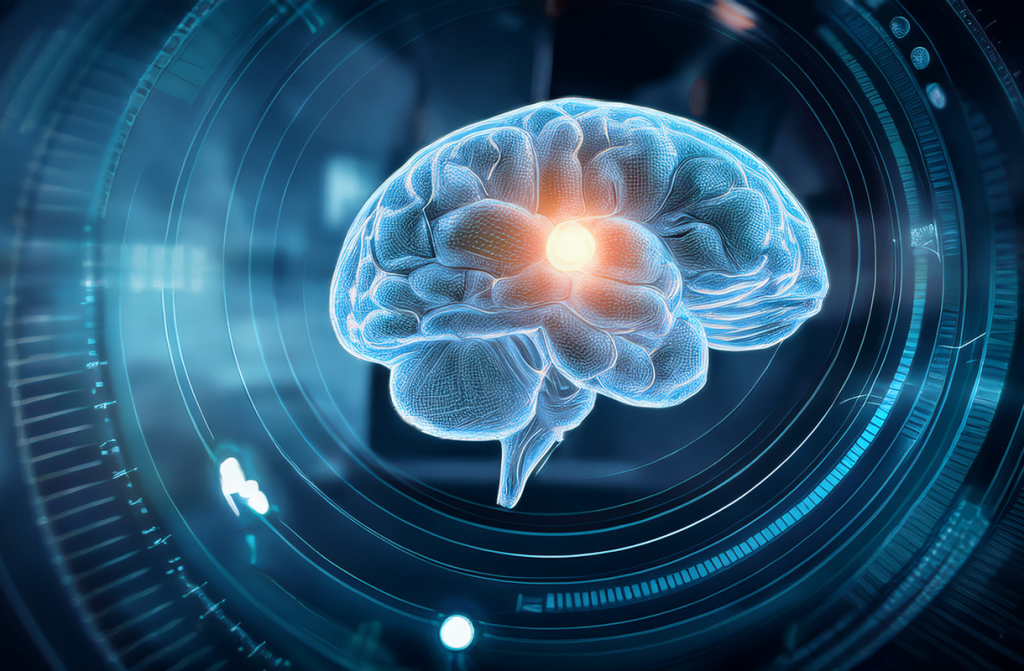At the Centre for Liver Research and Diagnostics, our commitment to advancing neurological science is reflected in a robust portfolio of 11 peer-reviewed publications spanning several years. Our research in neurology is driven by a deep-rooted interest in understanding and treating disorders of the nervous system through innovative, multidisciplinary approaches.
Core Research Themes
Our work emphasizes:
- Neural regeneration and repair
- Neuroprotective strategies
- Stem cell-based therapies
- Molecular mechanisms of cellular stress
- Bioengineered scaffolds and nanotechnology for neural tissue engineering
Stem Cell-Based Neural Regeneration
We have pioneered studies on the isolation and characterization of neural precursor cells derived from human fetal brain tissues. These cells demonstrate promising potential for in vitro proliferation and differentiation, laying the groundwork for therapeutic strategies targeting neurodegenerative diseases and spinal cord injuries—areas where conventional treatments offer limited recovery.
Neuroprotection Through Pharmacological and Environmental Interventions
Our investigations into neuroprotection have explored the synergistic effects of valproic acid (VPA) and mild hypothermia in mitigating ethanol-induced neuronal damage. These findings highlight the potential of combining pharmacological agents with physical interventions to enhance neural survival and function.
Cellular Stress Responses and Resilience
We have examined the role of heat shock proteins and drug transporters in modulating the resilience of neural precursor cells under stress conditions such as ethanol exposure and heat stress. These insights contribute to a deeper understanding of cellular defense mechanisms and inform strategies to improve therapeutic outcomes.
Innovations in Neural Tissue Engineering
Our team has explored the use of bioengineered scaffolds, including decellularized meningeal matrices, to create biomimetic constructs for spinal cord repair. Additionally, we have investigated magnetic nanoparticle-tagged stem cell transplantation to enhance targeted cell delivery at injury sites, offering promising avenues for functional recovery.
Representative Publications
2017 – Enhanced neuroprotective effect of mild-hypothermia with VPA against ethanol–mediated neuronal injury – Tissue and Cell
2017 – Protective role of hypothermia against heat stress in differentiated and undifferentiated human neural precursor cells – Basic and Clinical Neuroscience
2017 – Regeneration of Neural Crest Cells from Human Postnatal Multipotent Dental Pulp Stem Cells – Indian Journal of Science and Technology
2018 – Role of drug transporters and heat shock proteins during ethanol exposure to human neural precursor cells and its lineages – Tissue and Cell
2019 – Magnetic nanoparticle tagged stem cell transplantation in spinal cord injury: A promising approach for targeted homing of cells at the lesion site – Neurology India
2021 – Efficacy and safety of neural stem cell therapy for spinal cord injury: A systematic literature review – Therapie
Impact and Future Directions
Our research underscores the transformative potential of neuroregenerative medicine and cell-based therapies. By integrating stem cell biology, molecular neuroscience, and biomaterials engineering, we aim to restore function and improve the quality of life for patients suffering from debilitating neurological conditions.


